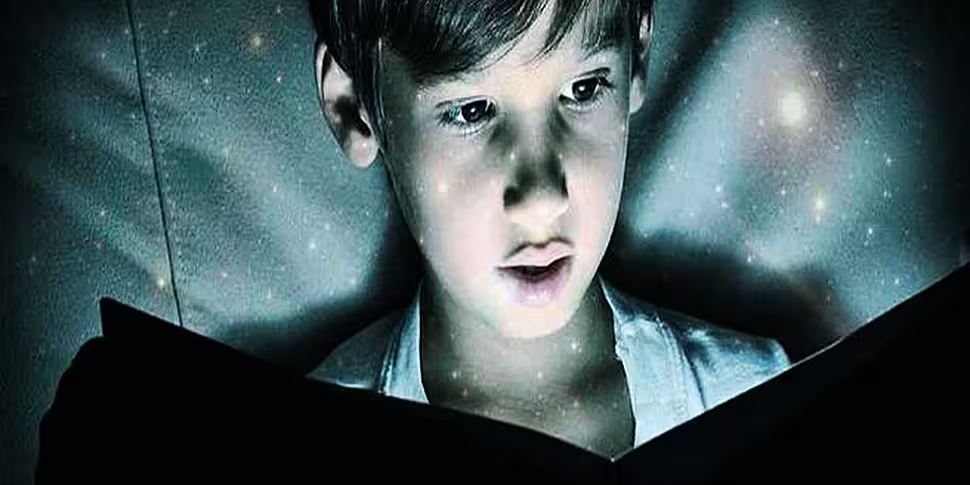On the NPR TED Radio Hour, Sunday 26th October, Newstalk FM:
Learning is an integral part of human nature. But why do we, as adults, assume learning must be taught, tested and reinforced? Why do we put so much effort in making kids think and act like us? In this hour, TED speakers explore the different ways babies and children learn- from the womb, to the playground, to the web.
Sugata Mitra is trying to tackle a big problem: the best schools don't exist where they're needed most. For years, Mitra has given kids in Indian slums self-supervised access to the web. He talks about how the results have changed the way he thinks of teaching and argues in favor of self-organized classes as the future of education. He puts forward a bold vision, to build a school in the cloud.
From the lilt of our native language to our favorite foods, science writer Annie Murphy Paul talks about how fetuses begin taking cues from the outside world while in the womb.
Alison Gopnik’s research explores the sophisticated intelligence gathering and decision making that babies are doing when they play. She offers a glimpse into the minds of babies and young children, to show how much and how fast they learn.
Veteran teacher Rita Pierson believes relationships are crucial to education. She talks about how classrooms lack the kind of human connections that kids need to feel inspired and to learn.
The NPR TED Radio Hour on Newstalk 106-108 FM, this Sunday at 6pm.
Listen back to Ted Radio Hour 'Unstoppable learning' here.









